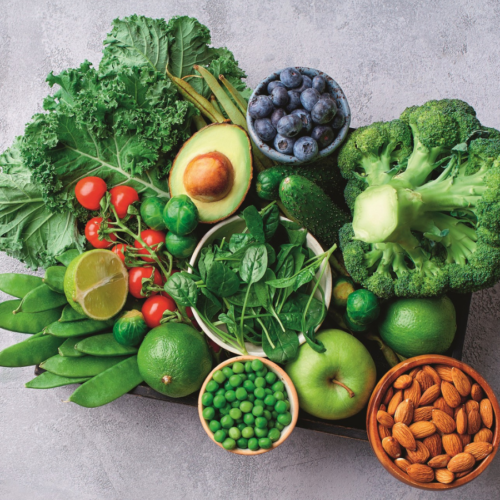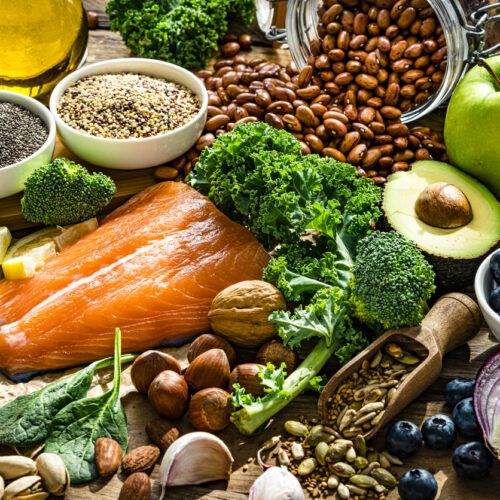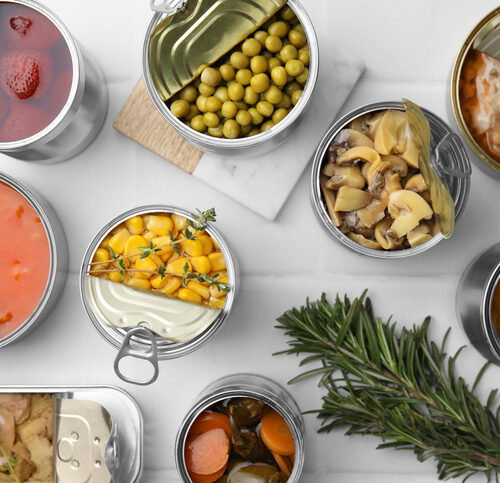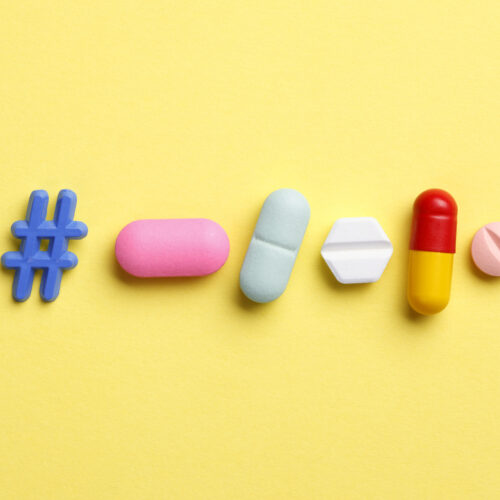
Summer fun is here — but it’s also the season of food-borne illness. HFG senior nutritionist Rose Carr explains what’s happening in our bodies when food makes us sick, and how to avoid it in the first place.
What is food poisoning?
Food poisoning is an illness caused by eating or drinking something that contains harmful organisms. This can include bacteria, parasites, viruses and toxins. In 2011 there were 656 reported cases of food poisoning from 122 outbreaks. However, most food poisoning isn’t reported as it’s often quite mild and may affect only a few people.
What happens in our bodies when we eat something dodgy?
When we ingest pathogens from food our immune system begins a chain reaction designed to rid the body of the harmful invader. Symptoms, and how quickly they develop, depend on the type of pathogen and also how much of it we have been exposed to. Often, symptoms start almost immediately or within a couple of hours of consuming the contaminated food or drink but some types of food poisoning can take several days to develop, which makes it difficult to establish the culprit.
The most common symptoms are nausea, vomiting, diarrhoea, abdominal cramps and fever. Food poisoning will often pass within 24-48 hours and plenty of fluid and rest is normally all that is required for most of us. Drinks containing electrolytes are helpful with diarrhoea and vomiting as dehydration is a risk. Bland foods are advised but if we can’t keep anything down because of nausea it’s time to see the doctor.
Other indicators that we should seek professional help include: recent overseas travel, blood in faeces, severe headache, dehydration, any other symptoms, or we are just not feeling any better after two days.
Are there any lasting effects?
While food poisoning is not serious for most people, it can have serious consequences for others. People at most risk from food poisoning are young children, older people, pregnant women and anyone whose immune system is compromised by other disease. If that’s the case, or you’re on medication for heart disease or diabetes, see a doctor straight away if you suspect food poisoning.
Some pathogens can lead to more serious conditions. Guillain-Barré Syndrome (GBS) is an autoimmune condition affecting the nervous system that follows a campylobacter infection in a small number of cases. It is rare but serious, and can result in paralysis or death.
Salmonellosis can lead to septicaemia (blood poisoning), reactive arthritis (Reiter’s syndrome) — an inflammatory condition that occurs as a reaction to an infection elsewhere in the body — or other non-intestinal infections.
What are the main culprits?
Some pathogens can be found naturally in foods such as raw meat, poultry, seafood, eggs, uncooked rice, flour, raw vegetables and bought salads. Other pathogens develop in food as a result of not being refrigerated quickly enough, or spoilage.
People handling food may have pathogens in the throat, nose, skin, hair or faeces. Food can be contaminated by touching the hair or nose and then touching food; smoking or going to the toilet without washing hands properly before handling food; or sneezing or coughing near food.
Cross-contamination of prepared foods can occur when surfaces and utensils are used for raw or cooked food containing pathogens as well as for other food.
Bacillus cereus can cause nausea, vomiting and possibly diarrhoea within one to six hours of eating infected rice or starchy foods such as potato flakes and pasta. Fortunately, this generally passes within 24 hours. Ingesting small numbers of this bacteria is not a problem but they multiply to dangerous levels when these foods are cooled too slowly, or not correctly stored in a refrigerator.
Preventing food poisoning: The 4Cs
- Clean hands (wash and dry them) before handling food. Clean utensils and scrub chopping boards between preparing raw and cooked food.
- Cook minced meat and sausages thoroughly (meat should not be pink) and cook poultry until juices run clear. Reheat leftovers until steaming hot throughout.
- Cover food. The only time food should be uncovered is when you’re eating it.
- Chill food. Keep raw and cooked food separate in the fridge. Use a chilly bin and frozen pad outside to keep food cool.
www.healthyfood.com










